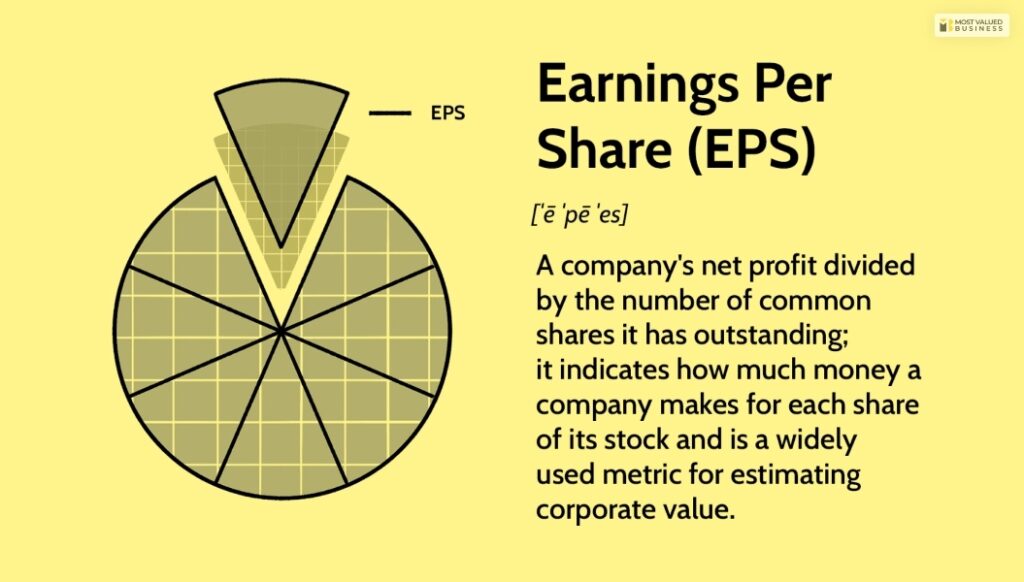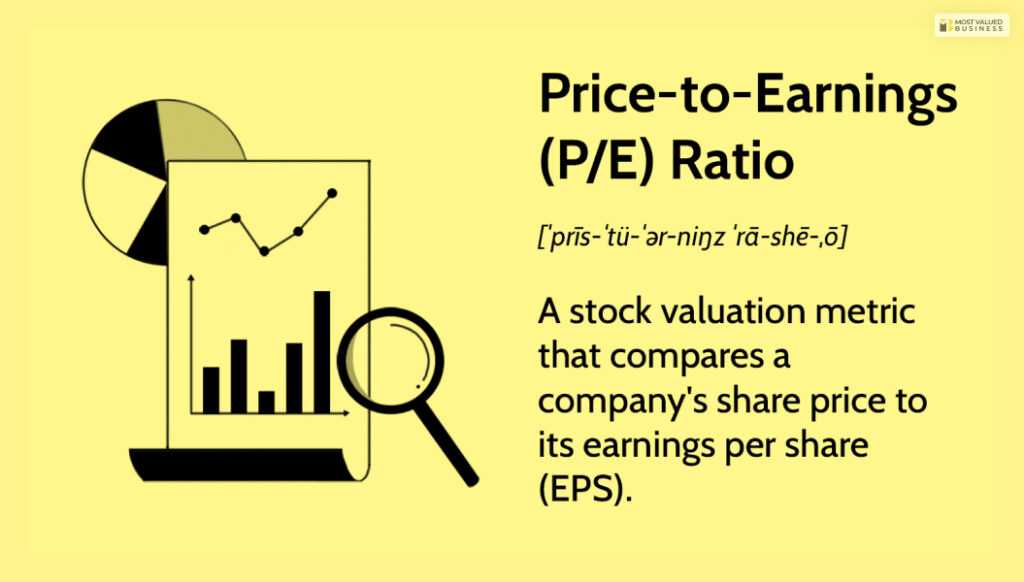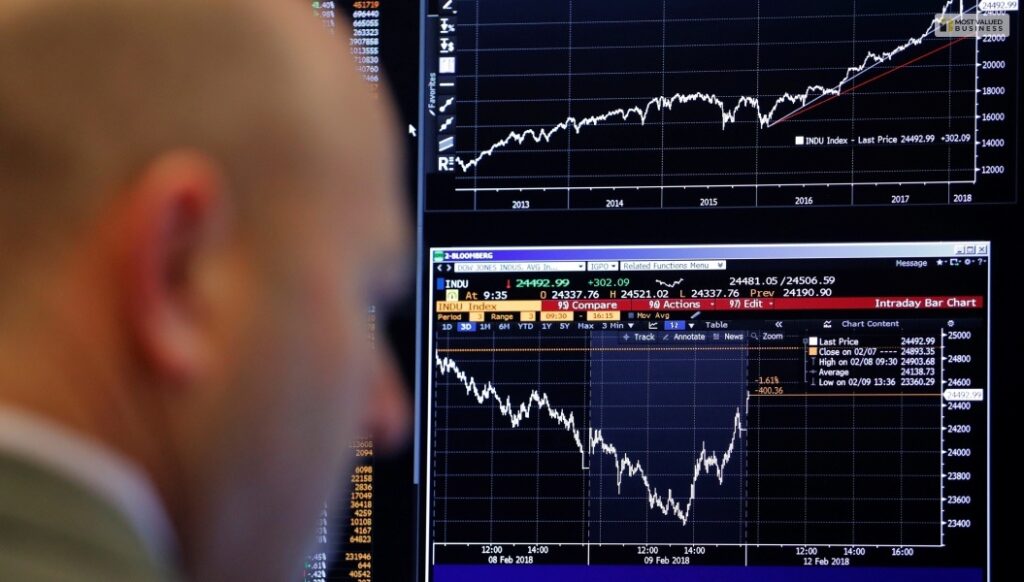The Role Of Market Value In Determining Company Worth And Investment Decisions
Evaluation of a company is one of many ways which helps you determine your company’s stand among its business competitors. This helps investors decide if your company is worth the investment or not. Let’s Understand About Market Value.
Market value is one such metric that investors use to evaluate the worth of a company.
So, if you are looking for ways to calculate the best investment opportunities, having a concrete understanding of the contributing factors to a company’s market value is a must. Without any further delay, let us now get into the depths of market value.
What Is Market Value?

The market value, referred to as open market valuation, is the value of stocks of a company in the marketplace. This metric highly depends on what views investors have over a company’s potential.
Market value is mostly refers to the market capitalization of a company that is traded publicly. It is calculated by multiplying the current share price of the company with the number of its outstanding shares.
Market value is the easiest way to evaluate the trade exchangeable tools, including stocks and futures, as their market prices are widely distributed and easily available; it is a bit more challenging to discover over-the-counter instruments such as some fixed-income securities.
However, the difficulty in establishing the market value lies in estimating the value of liquid assets such as estate and businesses, which may entail the use of real estate appraisers and company valuation professionals respectively.
Read More: What Is Brand Marketing? Explained With Examples
Factors Affecting Market Value

Market value is a dynamic metric that goes through constant fluctuations considerably through time and takes multiple into consideration including the demand and supply of company shares, long-term growth potentials, and valuation ratios that are used in evaluating if a stock is fairly priced, overpriced, or underpriced.
Some of the most common market value ratios in the evaluation of company stocks include:
Earnings Per Share

The higher the earnings per share of a company, the higher it will indicate the profitability of the business, which will, in turn, be an influencing factor as to how investors view the worth of the company.
Book Value Per Share

You can generate this number by dividing the equity of the company by its total outstanding shares. A higher book value will mean that the stocks of the company are undervalued and hence can impact how the company or its assets are perceived by the market.
Price To Earnings (P/E) Ratio

You can find this ratio by dividing the recent price of a stock by its each share earnings. If the P/E ratio shows that the stock price is higher compared to its earnings, the company would therefore be overvalued by the market.
Calculation Of The Market Value

As there are multiple metrics that help in the evaluation, there is not just one formula that you can use to calculate the market value of a company.
So, if you want to go for the easiest way to calculate the market value, you may want to go for the market capitalization method, which may sound similar but is a completely different metric that determines the financial standing of a company.
However, for privatized companies that do not disclose their finances to the public, assessing the market value may be a tough job. You may do it by drawing a comparison between the value of private companies to the public ones in the same industry that have the same sizes and growth rates and then calculating fitting ratios to contextualize its performance.
Limitations Of Market Value

Multiple factors effect the market value, like the industry from which the asset or the company belongs, debt collection, its overall profitability, and other concerning factors.
Undermentioned are some of the limitations that you might have to face if you are using market value as a metric to decide if you would want to invest in an asset or a company.
Fluctuation Issues

The market value of a company or stocks can rapidly rise or fall depending on changes in demand and supply. A rise in demand meeting with a constant supply facilitates a temporary and misleading change in the market value.
Requirement Of Precedent Data

It is tough to evaluate the market value of a newly emerged company as it does not consist of any inherent market value. You will need previous pricing data for comparisons or creating practical estimates if you want to establish the market value of a company.
Market Value Vs. Book Value

If you wish to analyze if an asset has gone through proper valuation, you need to analyze the market value alongside the book value.
In simple words, book value is the value of the company according to its book or the balance sheet. To generate a company’s book value, you need to find the difference between its total assets and total liabilities.
Book value requires a little more work than calculating the market value. You may consider undervaluing the stocks if their market value is lower than their book value.
Market Value Vs. Market Capitalization

Many people tend to use market capitalization interchangeably with market value. But it is wrong to do so.
Market capitalization is a much easier concept. To generate the market capitalization of a company, multiply the recent price of a share by its total outstanding shares.
Market capitalization totally calculates the equity value of a business.
Contrasting to it, market value gives a more defined picture of the financial standing of the company.
Read More: What Is Cause Marketing? Explained With Examples
Bottom Line
The market value defines the value of the assets to the investors in the market. It mostly functions additionally with other instruments to evaluate if a firm’s assets valuation is correct or not. This measurement helps in bringing clarity to not only buyers but sellers as well.
Read Also:



